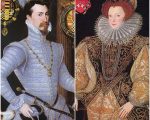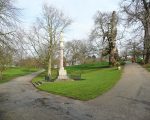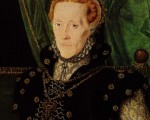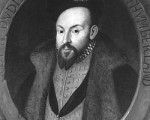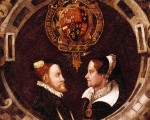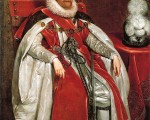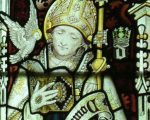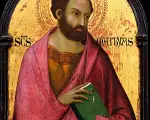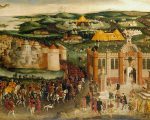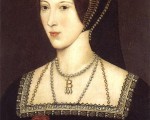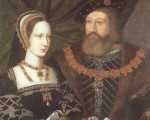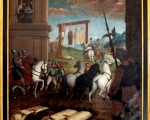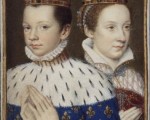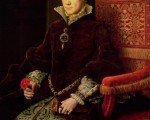
On this day in history…
13th February:
1542 – Catherine Howard, fifth wife of Henry VIII, and Lady Jane Rochford were executed at the Tower of London. They had been found guilty of treason by Act of Attainder. They were both buried in the Chapel of St Peter ad Vincula at the Tower of London. Click here to read more.
1564 – Baptism of John Harvey, astrologer and physician, at Saffron Walden in Essex. Harvey was the third son of John Harvey, farmer and rope-maker, and his wife, Alice. His published works included “An Astrologicall Addition” (1583), a series of almanacs and “A Discoursive Probleme Concerning Prophesies” (1588).
1579 – Death of John Fowler, the English Catholic printer and publisher, in Namur, during his exile in the reign of Elizabeth I. He was buried there in the church of St John the Evangelist. He is known as one of the most important English Catholic publishers of the 1560s and 70s.

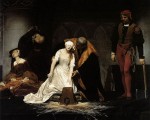
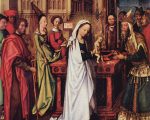

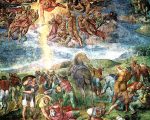
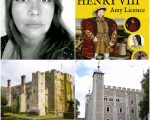


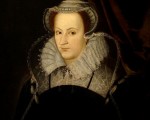
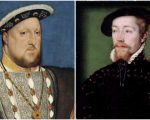
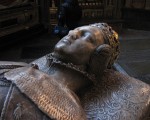

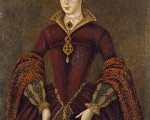

 Here is a reminder of our expert live-chats programme for today's Tudor Society Open Day. Just head on over to the
Here is a reminder of our expert live-chats programme for today's Tudor Society Open Day. Just head on over to the 